Mock Lectures
Our professors are excited to provide lectures to middle and high school students on a wide variety topics with the hopes of not only imparting new knowledge, but to also get more youth excited about engineering careers. Use the menu below to view topics currently being offered. Don't see what you're looking for? Let us know and we'll see what we can put together for you. Lectures can be made available in person as classroom visits, or online.
Why are they called, "Mock Lectures?" Because these topics are all slightly adapted content from actual lectures these professors use in their classes. We hope students don't just learn something new, but also experience a sample of what the college experience can and will look like for them some day!
Arctic Coastal Hazards and Risk

Discipline: Civil Engineering
Grades: 9-12
Duration: 10-20 minutes
Presenter: Dr. Tom Ravens, Civil Engineering Professor
Abstract: This lecture describes the hazards and risks by coastal communities in Alaska. It shows how we can use basic engineering principles to forecast future environmental conditions and to plan for them.
Breaking the Sound Barrier

Discipline: Mechanical Engineering
Grades: 9-12
Duration: 20-40 minutes
Presenter: Dr. Jennifer Brock, Associate Dean for Academics and Mechanical Engineering Professor
Abstract: The lecture focuses on the history of the idea of the sound barrier: where did the idea come from, why did people believe that it couldn’t be broken, who were these people who believed it couldn’t be broken, etc. It lays out the science for why fluid dynamics at extremely high speeds is a more complex mathematical problem than fluid dynamics at lower speeds. It also goes through the surprising history of compressible fluid dynamics, which reveals that the science was actually pretty well-established in a lot of ways before the start of the twentieth century.
Data Representation and Error Detection

Discipline: Computer Science
Grades: 5-8
Duration: 30-40 minutes
Presenter: Dr. Kenrick Mock, Dean and Computer Science & Systems Engineering Professor
Abstract: This lecture and participatory activity describes how computers represent information in binary, how that information can be transmitted from one computer to another, and how we can detect whether an error may have occurred during transmission.
The Design and Collapse of the Twin Towers

Discipline: Civil Engineering
Grades: 6-12
Duration: 40-60 minutes
Presenter: Dr. Scott Hamel, Civil Engineering Professor and Department Chair
Abstract: When the World Trade Center's Twin Towers were completed in 1971, they surpassed the Empire State Building to become the tallest buildings on Earth. This lecture discusses the cutting edge technology and design that went into the Twin Towers, the special features that allowed them to continue standing for a prolonged period of time after the tragic impacts of two airliners on 9/11, and the specific failure mechanisms that ultimately led to their collapse.
Design of the Trans-Alaska Pipeline

Discipline: Civil Engineering
Grades: 6-12
Duration: 40-60 minutes
Presenter: Dr. Scott Hamel, Civil Engineering Professor and Department Chair
Abstract: This lecture discusses the thermal, structural, and foundation considerations that went into the design of the Trans-Alaska Pipeline. How thick is the pipe? How strong is the steel? How do changes in temperature cause the pipes to stretch and shrink? Why is the pipeline above ground in some areas but below ground in others? Dr. Hamel answers these questions and more!
Failure of a Wind Turbine in Nome, AK
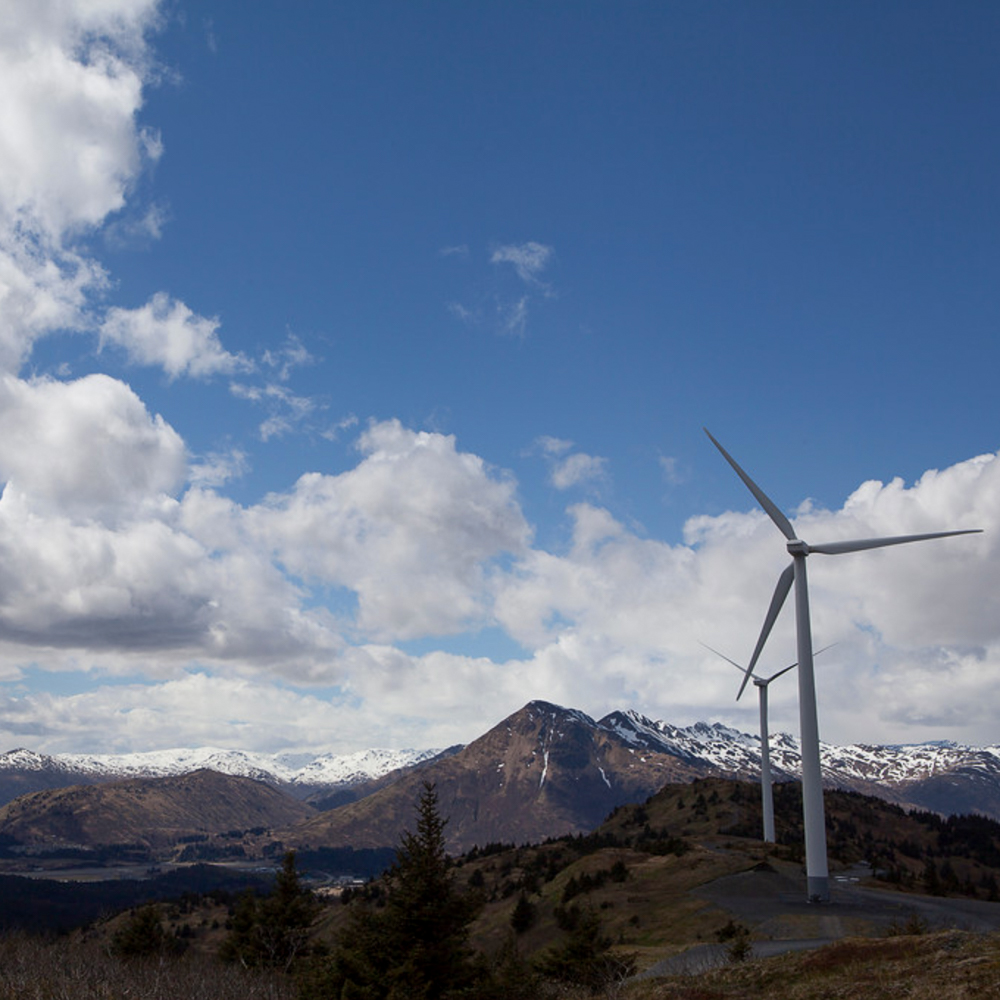
Discipline: Mechanical Engineering
Grades: 6-12
Duration: 20 minutes
Presenter: Dr. Matt Cullin, Mechanical Engineering Professor
Abstract: This lecture examines the catastrophic failure of a wind turbine in Nome, AK. Relevant aspects of wind turbine operation are introduced and remnants of the failed component are examined. The process for determining the root cause of failure of the turbine is described. A discussion of fatigue cracking in mechanical components is provided.
Guide to Your Night Sky
Discipline: Astronomy
Grades: 5-12
Duration: 20-30 minutes
Presenter: Omega Smith, UAA Planetarium Manager
Abstract: Our Planetarian will show your class how to use Stellarium, a free open-source planetarium software, to explore the night sky. As we guide you through the constellations, we will explore the mythology behind them, what stars make them, and the planets that pass through them. This can be catered for students to follow along on their own device or as a lecture.
Heat Transfer and Baked Alaska

Discipline: Mechanical Engineering
Grades: 4-9
Duration: 10-20 minutes
Presenter: Dr. Jennifer Brock, Associate Dean for Academics and Mechanical Engineering Professor
Abstract: This lecture Introduces heat transfer concepts and discusses the smoked salmon lab that I do with my seniors. Can be adjusted for length.
History of X-rays: Discovery and Applications

Discipline: Mechanical Engineering
Grades: 6-12
Duration: 30-45 minutes
Presenter: Dr. Raghu Srinivasan, Assistant Professor, Mechanical Engineering
Abstract: This lecture described the accidental discovery of X-ray by Professor William Roentgen who won the first Nobel prize in Physics (1901). His discovery of X-rays has numerous applications which include medical radiography, non-destructive testing for pressure vessels, chemical identity tool, X-ray diffraction for crystal structure identity, and more.
How Buildings Shake

Discipline: Civil Engineering
Grades: 6-12
Duration: 40-60 minutes
Presenter: Dr. Scott Hamel, Civil Engineering Professor and Department Chair
Abstract: This lecture provides an introduction to the geological causes of earthquakes, the motions that buildings experience during an earthquake, and the primary structural systems that prevent them from falling down. For in-person lectures, Dr. Hamel can include a live demonstration of the swaying behavior of a model building using a shake table, a device that simulates the motions of earthquakes.
How Does My Phone Know Where I Am?

Discipline: Geomatics
Grades: 6-12
Duration: 45 minutes
Presenter: David Brock, Geomatics Term Assistant Professor
Abstract: This lecture focuses on the development and deployment of GPS positioning technology from the very beginnings of satellite navigation in the 1950s to the more than 4 billion GPS receivers on the ground today. It lays out the surprising history of space based measurement and how common devices like our phones allow us to know when and where we are in real time anywhere in the world.
Internal Combustion Engines
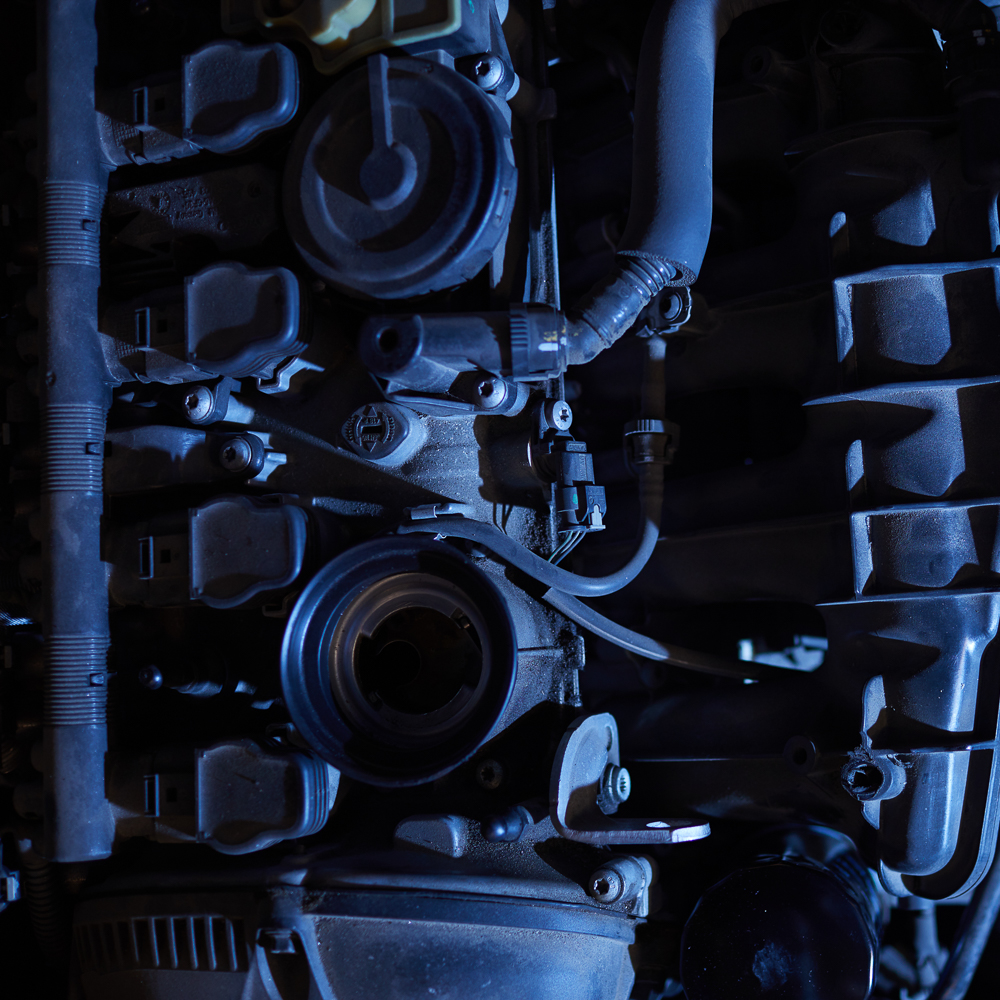
Discipline: Mechanical Engineering
Grades: 4-12
Duration: 20-60 minutes
Presenter: Dr. Matt Cullin, Mechanical Engineering Professor
Abstract: This lecture introduces the fundamentals of internal combustion engine operation. Longer modules include a discussion of the physics behind several critical engine components (i.e., carburetor, magneto, etc.) and hands on exploration of a disassembled lawnmower engine.
Material Selection in Mechanical Engineering

Discipline: Mechanical Engineering
Grades: 9-12
Duration: 45 minutes
Presenter: Dr. Matt Cullin, Mechanical Engineering Professor
Abstract: This lecture explores the material selection portion of the engineering design process. Automotive brake rotors are used as an illustrative example of the interplay between geometry, material selection, and performance of a mechanical component. Students are introduced to the physical properties of four classes of engineering materials: metals, ceramics, polymers, and composites. Common brake rotor designs are examined to illustrate the tradeoffs between cost, performance, and reliability that are commonly encountered in engineering practice.
“Phase” Book: Graphical Map of Water Systems
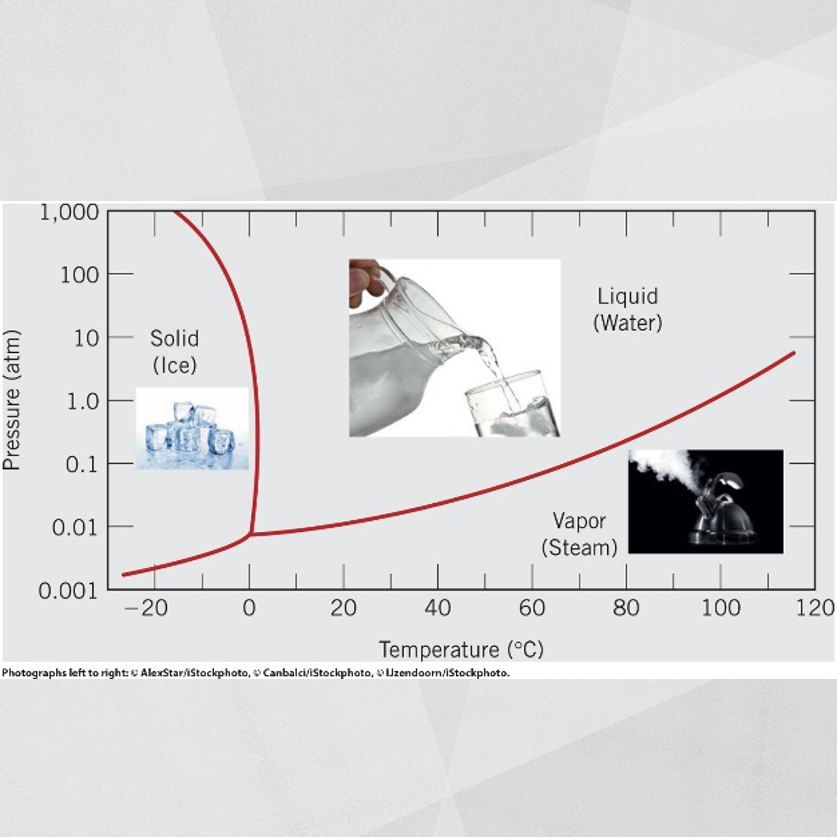
Discipline: Mechanical Engineering
Grades: 6-12
Duration: 30-45 minutes
Presenter: Dr. Raghu Srinivasan, Assistant Professor, Mechanical Engineering
Abstract: Different phases exist for material systems and phase diagrams or equilibrium diagrams helps you identify the stable phases present based on temperature and pressure (similar to finding a location on a map based on coordinates). A phase is some portion of a body of materials throughout which the physical and chemical characteristics are homogenous. For example, water system has three phases: Ice (solid), Water (Liquid), and Steam (vapor). This lecture details the importance of pressure when mentioning the boiling point or melting point of water. This lecture will also introduce the phase concepts in metal systems.
Rust and Rot: Corrosion Chemistry
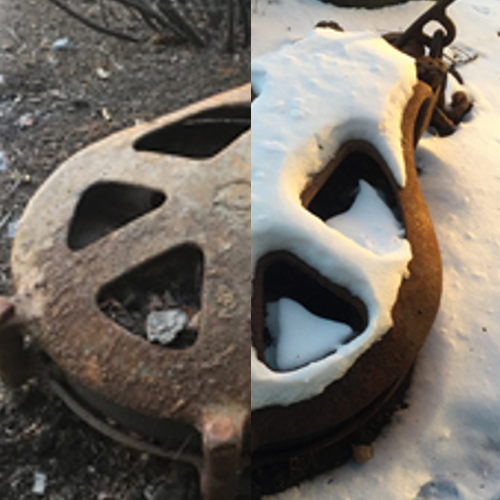
Discipline: Mechanical Engineering
Grades: 6-12
Duration: 30-45 minutes
Presenter: Dr. Raghu Srinivasan, Assistant Professor, Mechanical Engineering
Abstract: What is the difference between rust and corrosion? Why doesn't gold corrode? This lecture talks about corrosion and how it affects every one of us. Corrosion is ubiquitous and it is defined as the degradation of metals when exposed to a corrosive environment. Atmospheric corrosion is surely the most visible of all corrosion processes and you can see that in rusty bridges, flag poles, buildings, cars, ships and outdoor monuments.
Strength Vs Toughness: Impact Testing of Metals
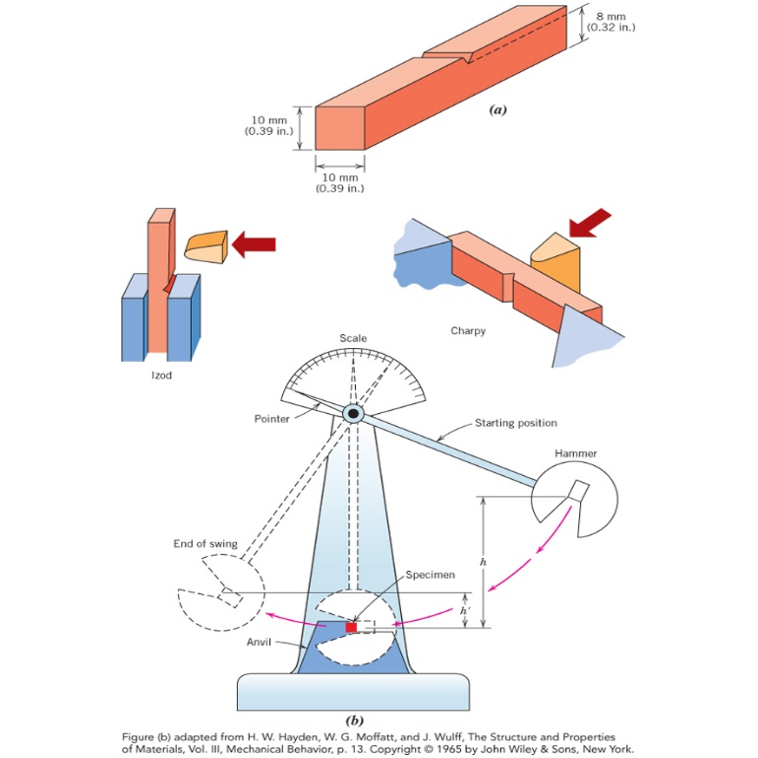
Discipline: Mechanical Engineering
Grades: 6-12
Duration: 30-45 minutes
Presenter: Dr. Raghu Srinivasan, Assistant Professor, Mechanical Engineering
Abstract: Have you ever seen a heavy hammer swing like a pendulum? A hammer is dropped on to steel specimens at different temperatures to qualitatively determine their impact toughness. Most metals go through elastic deformation under applied force (very small though). This is very similar to a rubber band where they can be expanded under force and restored to its original shape once the applied force is removed. This phenomenon in metals is not apparent visibly like the rubber band. Once the applied force exceeds a certain value, metal changes its shape permanently (cannot be restored to its original shape after the force is removed) and this phenomenon is called plastic deformation. Most metals eventually fail after going through elastic and plastic deformation and we call this as ductile fracture. Some metals fracture right after elastic deformation without any plastic deformation (similar to glass rods) and we call this as brittle fracture. There are few metals that go through this transition from ductile to brittle fracture as the temperature decreases. This Charpy Impact test will show the fracture of steel specimens at different temperatures and how it absorbs the energy when the hammer is dropped from a pendulum.
What Kind of Engineer Are You?

Discipline: Engineering, Computer Science, and Geomatics
Grades: 9-12
Duration: 30 minutes
Presenter: Various Presenters
Abstract: This lecture provides students an opportunity to explore the characteristics and qualities that benefit prospective civil, computer systems, electrical, and mechanical engineers, computer scientists, and geomatics professionals. Students will take a personality inventory to discover which possible careers are a great fit for them, learn more about what those fields look like, and discover what those programs of study look like at UAA.









